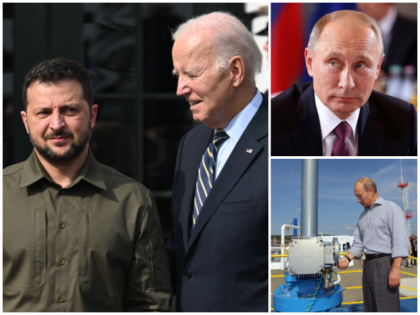Breitbart Business Digest: The Fed Just Lost Control of Interest Rates
Jerome Powell probably did not mean to trigger a significant easing of financial conditions on Friday, but that’s exactly what he did.
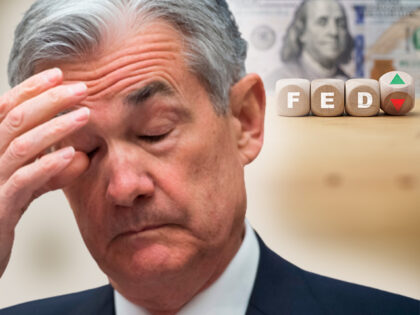
Jerome Powell probably did not mean to trigger a significant easing of financial conditions on Friday, but that’s exactly what he did.

President Biden’s increasingly brazen attempts to bamboozle the American public on economic matters have more than a whiff of desperation.
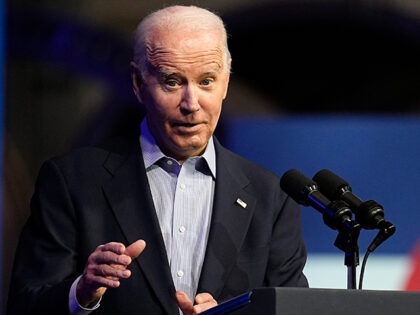
The most striking thing about President Biden announcing a special White House council on supply chains is that it took until this Monday to happen.
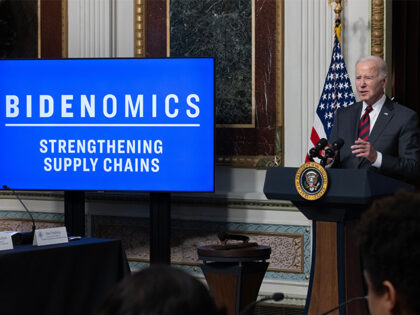
Does the rule that you cannot fight the Fed apply if the Fed is fighting itself?
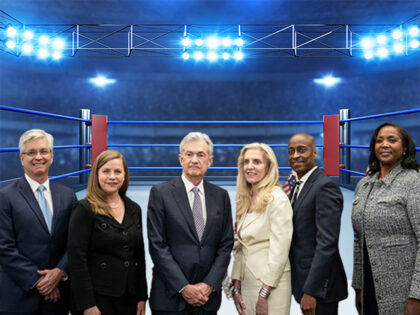
Fifty-two percent of the public says the economy is getting worse, according to the latest poll from the Economist and YouGov.
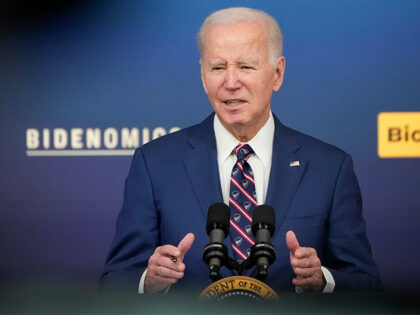
Someone forgot to tell American families that inflation has been canceled.
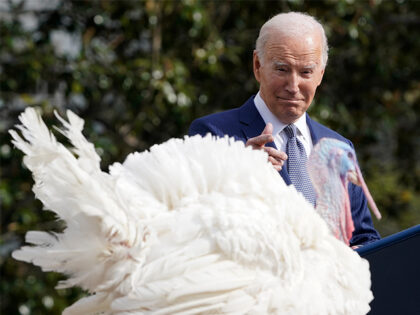
The market is convinced that the Federal Reserve is done with rate hikes. The Federal Reserve is not.
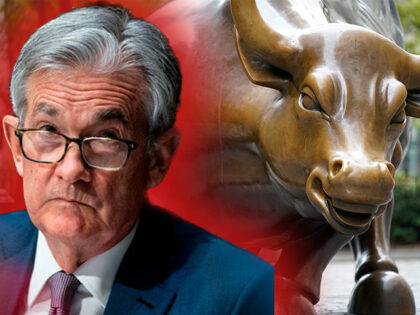
If forecasting the economy were as simple as predicting the exact opposite of the consensus, everyone would do it.

The market is convinced the Federal Reserve will start cutting rates in the first half of next year. That’s not as crazy as it sounds.
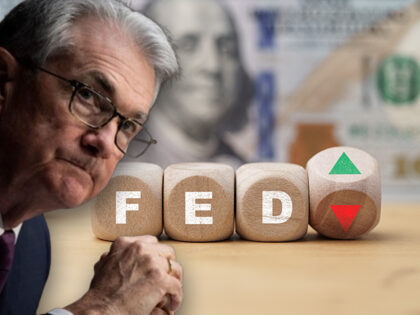
It is going to take more than a better finance chief to bring the magic back to Walt Disney Co.

Santa Claus is not going on strike this year, but he may have a bit of an easier job hauling his sack from house to house.
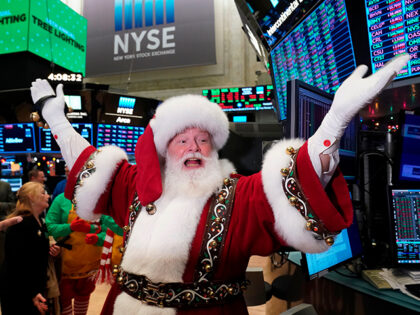
Fed officials are likely to see the October jobs numbers as justifying a decision not to raise their interest rate target at their December meeting.
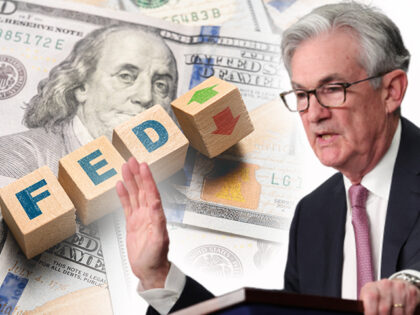
It is increasingly clear that the manufacturing sector rebounded in September.

The Federal Reserve is falling behind the curve again.
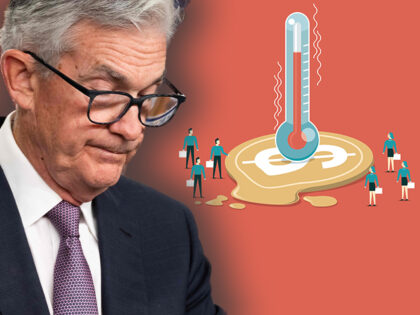
Wall Street has not let go of its conviction that the Federal Reserve will cut interest rates next year.
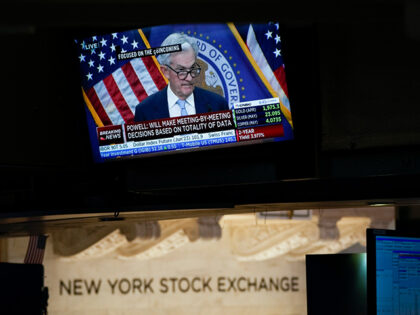
The Federal Reserve is planning on staying “patient” at this week’s meeting of the Federal Open Market Committee.
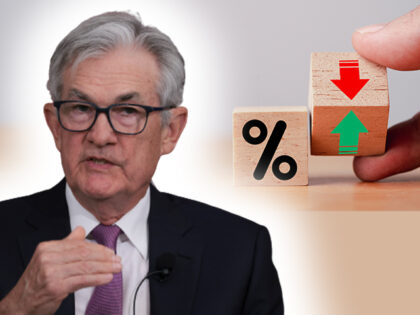
Joe Biden position’s on inflation is directly at odds with Fed Chairman Jerome Powell, which could lead to fierce conflict between the two men next year if persistent inflation forces Powell to hike interest rates higher.
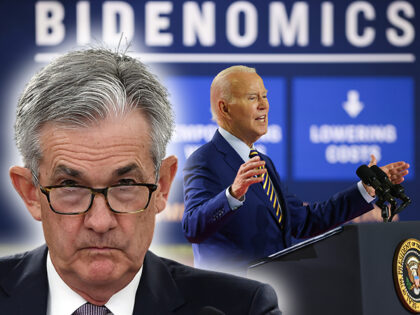
The American economy can stay solvent longer than economists and pundits can stay irrational.

If you want to know why progress on bringing down inflation has stalled, a good starting place for your investigation would be the federal budget deficit.
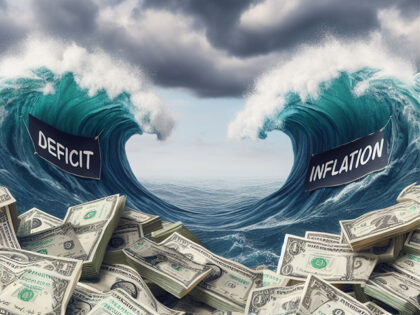
Superstitious investors can breathe a sigh of relief. We passed another anniversary of Black Monday without a stock market crash.
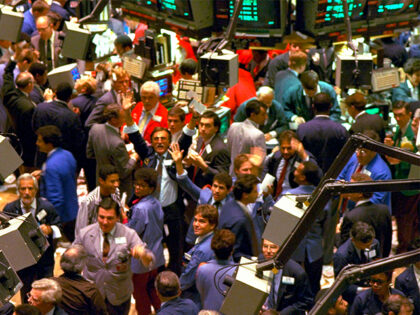
The Federal Reserve is not buying the optimism about the economy that the White House has been marketing under the brand Bidenomics.

Federal Reserve Chair Jerome Powell’s remarks today gave plenty of reason to believe that the Fed will not hike rates at its November 1 meeting.
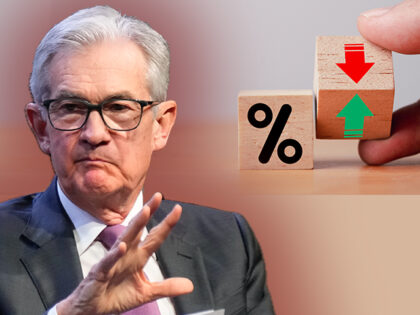
Federal Reserve Governor Chris Waller on Wednesday drained some of the drama of the coming Halloween meeting of the Federal Open Markets Committee.
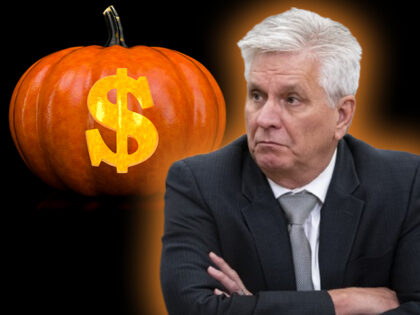
What if the Federal Reserve declared a restrictive monetary policy and no one heard it?
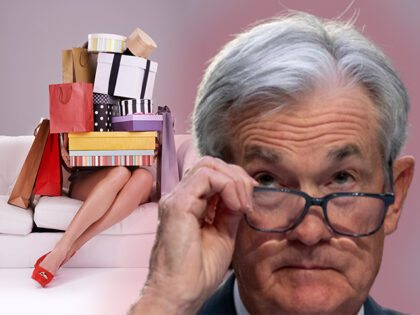
Philadelphia Federal Reserve President Patrick Harker said on Monday that he believes it is time for the Fed to stop raising rates.
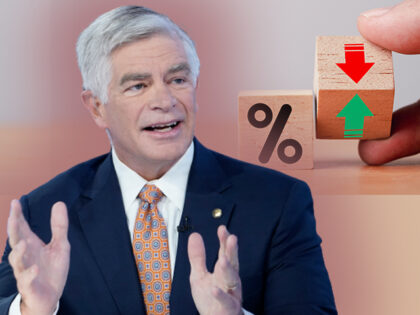
With so many measures suggesting that disinflation has already nearly run its course, that makes rate hikes next year far more likely than the less-than-zero chance bonds markets currently reflect.
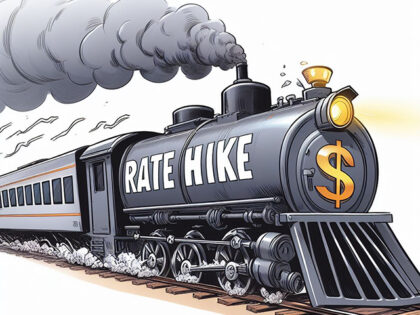
The Federal Reserve’s fight against inflation has faltered.
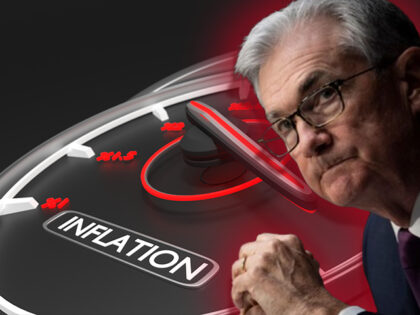
The market believed that the Fed might not need to hike again because yields were already doing the work of another hike. And that’s when the bond market started laughing.
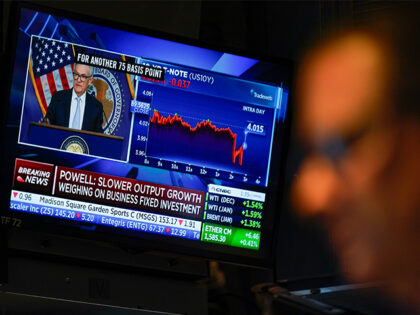
While there’s been a lot of chatter over the past few days about the September jobs figures being weaker than they looked, the numbers do not really support the negative interpretation.
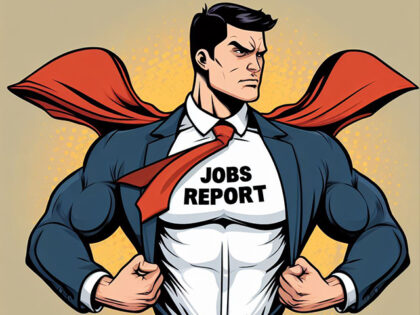
War is expensive and inflationary.

“Don’t let them immanentize the eschaton” was an improbably popular slogan among conservatives of the 1960s and ’70s. It now looks like a good maxim for considering inflation and interest rates.

The recession is back on, baby.
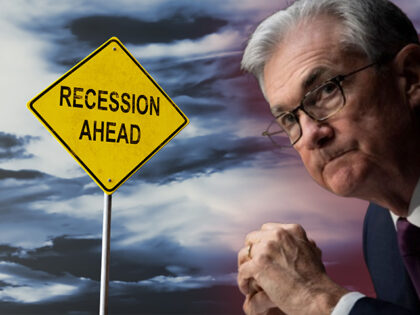
The Commerce Department’s monthly report on factory orders is the latest evidence that U.S. manufacturing has bottomed and may even be rebounding.

The August job vacancy data is the latest evidence that the economy accelerated in the second half of the year, defying expectations that interest rate hikes would be a drag on growth.

The U.S. manufacturing sector’s worst days appear to be behind it.
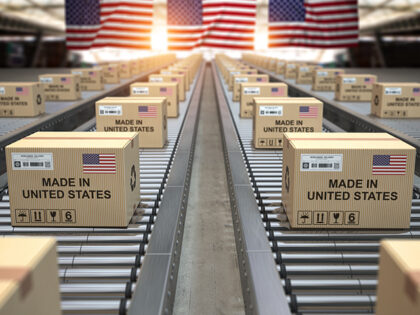
In a small legislative body where seniority equals power and influence, Dianne Feinstein’s decades-long Senate reign warped national policy and federal spending priorities to favor her home state.
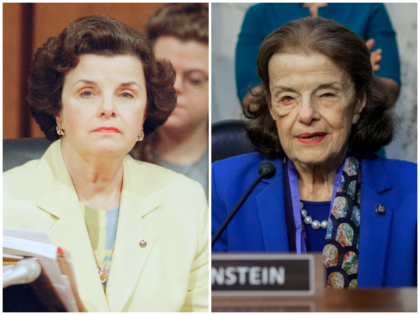
Republicans tonight have the chance to make the GOP great again on labor issues. The question is whether they are smart enough to take up that chance.
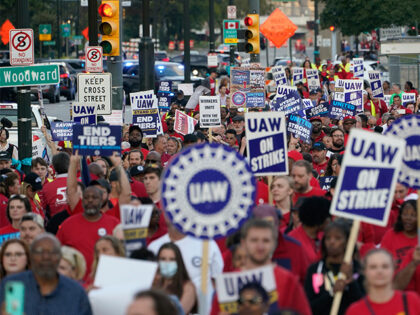
The latest Federal Reserve regional manufacturing surveys provide growing evidence that the manufacturing sector is rebounding.

Can Republican presidential hopefuls make the case against Bidenflation in this Wednesday’s GOP primary debate?
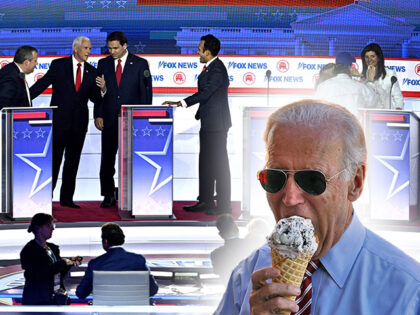
The Biden administration forecast that its sanctions against Russia would be crippling. To put it mildly, this has not worked out as planned.
